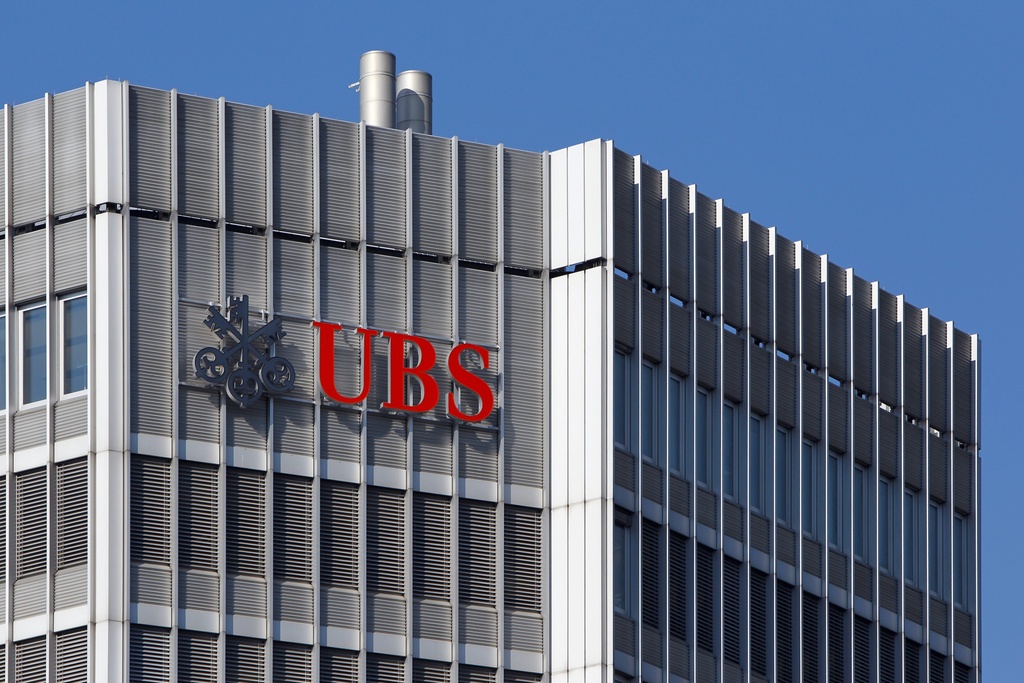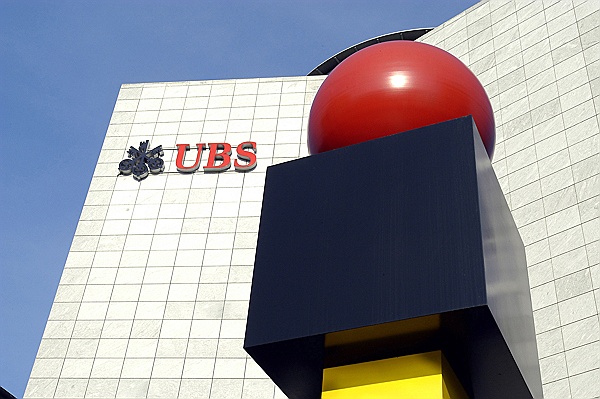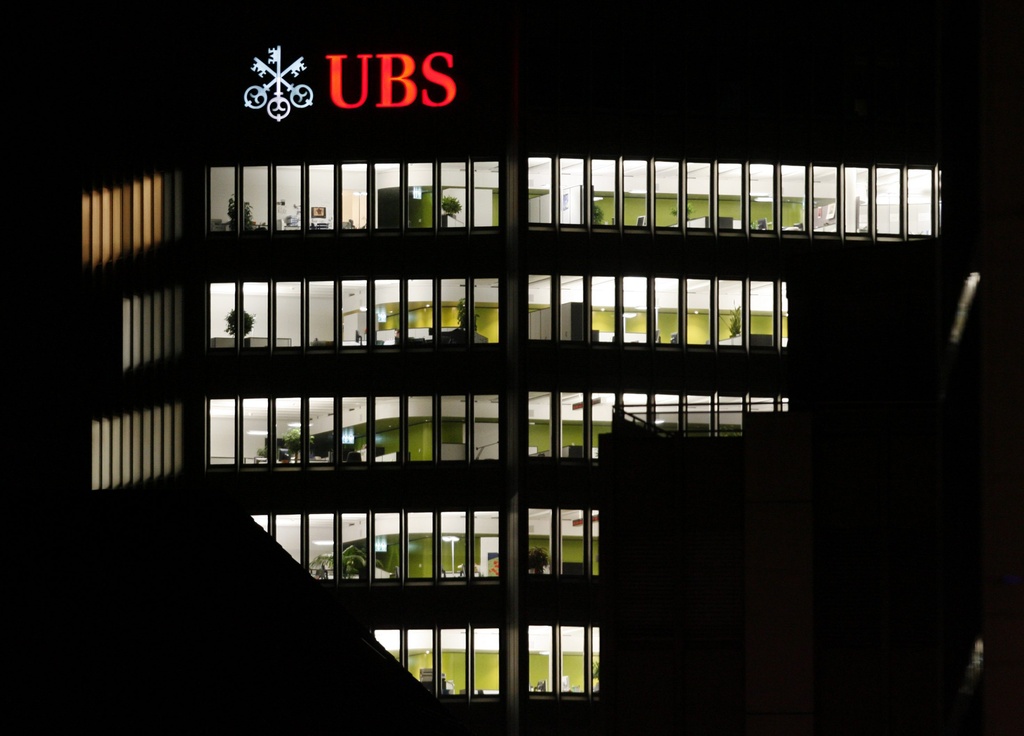Wealthy return, but profits lost at UBS

UBS has welcomed the long-awaited return of rich investors to its flagship wealth management division, but the Swiss bank cautioned against premature celebrations.
For the first time since the beginning of 2008, wealthy clients brought more assets to the bank than they withdrew. But the third quarter figures for 2010 also revealed a significant slide in group profits.
UBS has been inching towards a sustainable recovery this year after losing some SFr50 billion ($51 billion) in financial crisis write downs and more than SFr200 billion in client asset outflows during 2008 and 2009.
The banking group returned to profit in the final quarter of 2009 and has remained in the black ever since. The results of the last three months saw UBS record the significant milestone of attracting SFr1.2 billion in net new money from wealthy clients.
But chief financial officer John Cryan was keen to play down the significance of such an achievement.
“I do not want to get too excited by one quarter,” he told the media and financial analysts. “We will not be calling this a victory until we see a number of quarters of sustainable and higher inflows.”
Poor profits
Cryan pointed out that profits in the wealth management divisions were down on the previous quarter. This was mirrored by a fall in group-wide profits from SFr2 billion in the second quarter to SFr1.66 billion.
The worst affected division was investment banking that saw a huge fall in profits from SFr1.3 billion in the second quarter to a loss of SFr406 million.
The disappointing figures saw the UBS share price drop by more than five per cent as the markets digested the unpalatable news. Bank Sarasin analyst Rainer Skierka said the results were “substantially” below expectations.
Skierka pointed out that the results were actually boosted by a one-off SFr825 million tax credit. Without this windfall, the underlying profit was a mere SFr818 million.
UBS blamed the dip on poor trading conditions that saw fewer investors willing to take risks during the summer months. But although rival bank Credit Suisse announced a similar fall in profits last week, Skierka believes UBS is still performing below the level of the global market.
“The major source of concern is the investment banking division,” he told swissinfo.ch. “The bank has to prove that it can bring the issue under control in the medium term and start producing sustainable profits.”
Reputation enhanced
On the plus side, UBS appears to have gone some way to improving its reputation which was so badly damaged by the financial crisis and concurrent tax evasion scandals, particularly in the United States.
Having resolved the US litigation issue – albeit at tremendous cost – the bank is still embarked on cost-cutting programmes and a strategy of reducing risks while boosting its capital reserves to meet the requirements of new financial regulations.
In September, UBS signaled that the worst was behind the bank with a rebranding campaign followed by a major Formula 1 sponsorship deal.
That has been followed by two pending Swiss government tax deals with Britain and Germany that could help stabilise relations with the two countries that have been highly critical of Switzerland’s system of banking secrecy.
Asia – costly but effective
For the time being, the greatest inflow of assets to UBS has come from its powerhouse region of Asia. UBS has been building up its onshore operations in the East in an effort to make up for problems in Europe and the US.
But like the rebranding and F1 deals, this strategy has come at a financial cost. “We are hiring more onshore staff in more expensive regions,” John Cryan said. “There will be an inflation in personnel costs going forward.”
And while UBS is quietly confident that its new wealth management strategy of shifting from offshore to onshore wealth management business will pay off, the bank is not yet ready to pop open the party crackers.
“The work we have done to try to remedy the [wealth management] situation appears to be bearing some fruit,” Cryan said. “[Positive asset inflows are] a milestone on the road to recovery, but just one milestone.”
UBS was the worst hit European bank from the subprime mortgage crisis, writing down some $50 billion between the end of 2007 and 2009.
The year 2008 proved to be the bank’s worst on record, with annual losses of SFr21 billion.
In 2008 and 2009, UBS lost around SFr200 billion in combined net outflows as wealthy individuals and institutions lost faith in the bank.
But the final three months of 2009 revealed some more encouraging signs as the bank posted a SFr1.2 billion Q4 profit, despite ending the year in the red – to the tune of SFr2.47 billion.
UBS was further hit by a US tax evasion probe that cost a $780 million fine in 2009. The bank was furthermore forced to break the Swiss banking secrecy code by handing over the confidential details of thousands of clients.
The Swiss parliament ratified a deal this year between Switzerland and the US that allowed UBS to hand over confidential client data without facing prosecution in its home country.
The news contributed to massive net outflows from its wealth management businesses, but these appear to have been stemmed.
Outflows from its Americas wealth management business numbered SFr7.2 billion in the first three months of the year, and SFr2.6 billion in the second quarter but the division recorded SFr0.3 billion inflows in Q3.
For Switzerland and the rest of the world, the brake on outflows was also significant, falling from SFr8.2 billion in Q1 to SFr5.5 billion in Q2 and a positive SFr0.9 billion inflow in Q3.
In September, UBS embarked on a rebranding operation in an effort to persuade customers that the worst of its problems was over.

In compliance with the JTI standards
More: SWI swissinfo.ch certified by the Journalism Trust Initiative













You can find an overview of ongoing debates with our journalists here . Please join us!
If you want to start a conversation about a topic raised in this article or want to report factual errors, email us at english@swissinfo.ch.